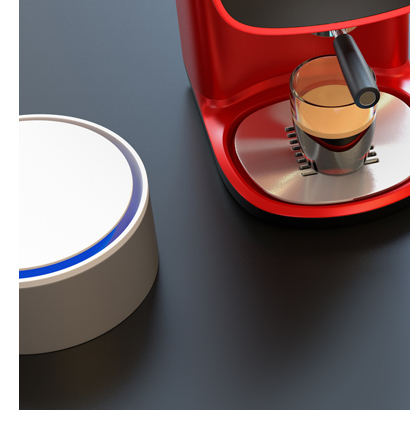WHY NATURAL VOICE?
Consumers have come to expect seamless communication and integration between devices and environments through the cloud to deliver them the optimal experience. Artificial Intelligence (AI), predictive analytics, mobile apps, voice recognition, and device-to-device communication creates the smart ecosystem of today.
AI is one of the fastest changing industries in the world and it is virtually mainstream. Now that we have remedied the plethora of issues that plagued voice technology in the past, we all welcome the idea of “Natural Voice.” We find this simple concept in our everyday communication through a casual tone of voice. Consequently, voice AI is starting to sound more like us because we have programed it as such.
The English word “prosody” is the study of linguistics for non-verbal communications including tone inflection. We borrowed this word from the Romans and the Greeks. It’s an old concept that’s being used to elevate AI and machine learning. Intonation, tone, stress, and rhythm are prosodic elements used today to optimize AI. At Radius, we are integrating voice and open source AI into smart appliances and creating holistic ecosystems.
How do we integrate this compelling proposition in everyday user experiences (UI/UX) for our customers and end users? By creating contextual awareness for people, products, and environments. We start with understanding the user, extracting insight, building the strategy, and setting the vision through behavioral based innovation. Intuitive behavior and usage are at the epicenter of the experience, which makes it attractive for consumers.
We understand device-to-device communication through the cloud and how that determines various environmental conditions, and what status it conveys for the smart system. If a user is or isn't detected in a home, devices have the ability and can make the appropriate decision to activate, deactivate, reset, or automatically go to Away Mode. To make this ecosystem a reality, we collaborate with Jabil, our internal partner who specializes in commercializing end-to-end solutions. This collaboration is symbiotic as Jabil has the knowledge and technology implementation ready for commercialization.
Through AI, our voices are distinguishable through intonation, tone, and pronunciation. Personalization can be built in to identify specific users. Radius has helped to create and support a Minimal Viable Product (MVP) for Jabil highlighting this concept through the embodiment of a smart coffee maker and smart environment. Our example created tailored experiences and personalization through voice recognition, image recognition, cloud intelligence, and AI integration. A person can make a specific request like “brew me a cup of coffee” and through voice recognition it knows the specific user and brews a cup, not a carafe, of coffee since the user made that specific request. The specificity can be fine-tuned for AI, as it recognizes the user voice, preferences, and creates a tailored experience for that individual. The value proposition becomes limitless when using voice recognition.
Regardless of future partnerships, all smart voice technology and smart assistants should accept natural voice commands and responses on non-native devices. This value proposition benefits everyone, especially everyday users, and speeds up further the adoption process of voice AI devices and their contextual awareness.
RELATED EXPERTISE
RELATED INSIGHTS
RELATED PROJECT WORK
RELATED CAPABILITIES
WANT TO LEARN MORE?
Start a conversation with Radius to learn how we can help you take your Healthcare project to the next level.


